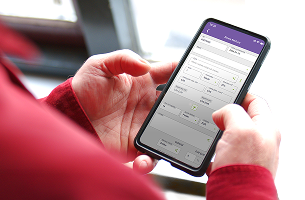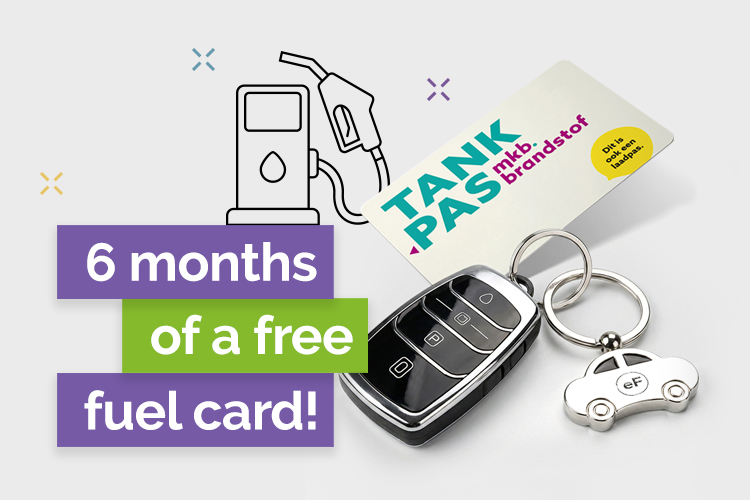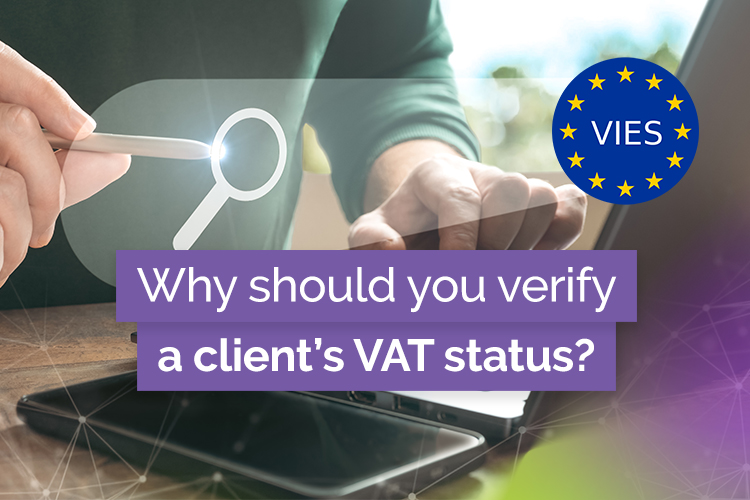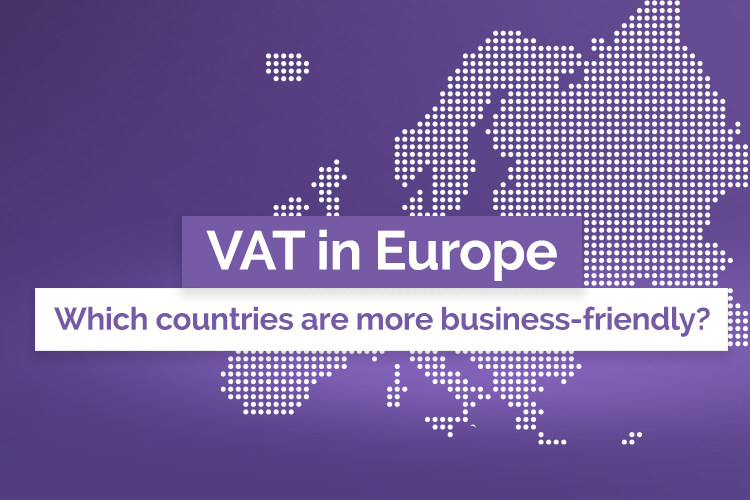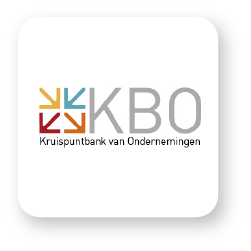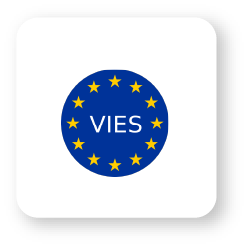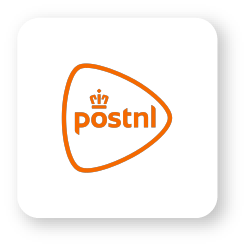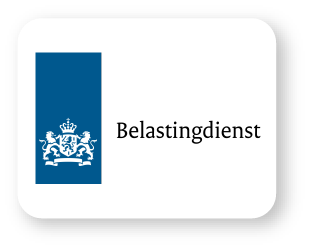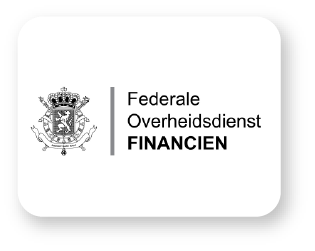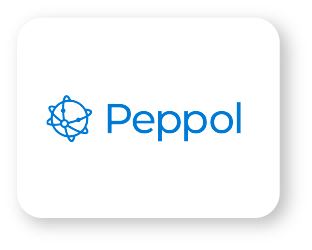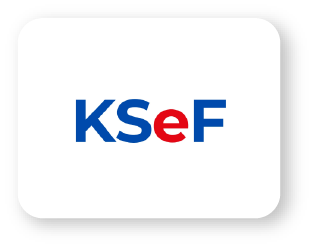E-Invoicing in Belgium: What You Need to Know

Starting from January 1, 2026, a new obligation takes effect in Belgium: digital e-invoicing through the European Peppol network. If you run a business and work with other companies, this change affects you too. In this article, we’ll explain what e-invoicing is, how Peppol works, and how to get ready without stress.
Why an e-invoice is not just a PDF
Many people think that an e-invoice is simply a PDF sent by email. But e-invoicing means using a standardized digital format, like XML, which accounting systems can read automatically.
It’s not about the look of the invoice, but how the data is structured. With this format, there’s no need to retype anything — all the information (amounts, VAT, client data) goes straight into the accounting software of the receiver.
What is Peppol and when does it become mandatory?
Peppol is a European network for safely sending e-invoices in a unified format. You can think of it as a “fast lane” for invoices between companies across the EU.
With Peppol:
- the invoice goes directly into the recipient’s system,
- data errors are avoided,
- you don’t need to send emails with attachments,
- and you comply with new legal requirements.
Belgium is one of the first EU countries to make Peppol mandatory for business-to-business (B2B) invoicing. Starting January 1, 2026, all invoices between Belgian businesses must be sent in the Peppol format. This means you can no longer just use PDFs, Word, or Excel files for invoicing.
Other countries have different timelines. In Germany, receiving e-invoices is mandatory from January 2025, and issuing them will be required from 2027. In the Netherlands, e-invoicing is already mandatory for government-related invoices, and a broader rollout is expected soon as part of the EU’s “VAT in the Digital Age” (ViDA) plan. Poland has its own solution – the KSeF system – which becomes mandatory for VAT-registered businesses from April 2026.
Belgium stands out by implementing the rules quickly and applying them across the whole economy — not just for public contracts. This shows that the change is coming sooner than many expected, so it’s wise to get ready now.
Discover the full timeline for rolling out e‑invoicing in the Netherlands, Germany, and Poland here.
Who must follow the new e-invoicing rules in Belgium from 2026?
From January 1, 2026, all companies operating in a B2B model in Belgium will be required to use Peppol-compatible e-invoicing.
This includes:
- All companies and sole traders sending invoices to other companies (B2B)
- Businesses registered in Belgium
- Domestic B2B transactions
Exemptions (not required to use Peppol):
- Businesses exempt from VAT (BTW-vrijstellingsplicht / exonération de TVA)
- Business-to-consumer (B2C) sales
- Invoices issued to clients in other countries
Currently, e-invoicing is already mandatory for Belgian companies working with government agencies (B2G). From 2026, the private sector will also be included — but only for domestic B2B transactions.
What’s the timeline for the change?
- 2024–2025: Preparation phase – choose your tools and test your setup
- 2025: Many clients will start expecting e-invoices
- January 1, 2026: E-invoicing becomes a legal requirement for B2B in Belgium
Penalties and consequences of not following the rules
Imagine this: You run a small installation company in Belgium. You send a PDF invoice to a building materials supplier. But they’ve already switched to Peppol and no longer process invoices manually. Your invoice lands in their email, but not in their accounting system — leading to delays, reminders, and stress.
With Peppol, everything works automatically. The invoice reaches the right place instantly, with no extra steps.
In Belgium, the approach to violations is firm but clear. Usually, companies receive a warning first and have 3 months to get compliant. If they still fail to send or receive e-invoices via Peppol, fines apply:
- €1,500 for the first offense (after the warning),
- €3,000 for the second,
- €5,000 for each further violation.
That’s not all. The tax office may also reject the invoice. This means the seller can’t include it in their accounting, and the buyer can’t deduct VAT.
It’s also worth noting that if you receive an invoice outside Peppol, you don’t have to pay it immediately. Belgian law allows — and even expects — you to challenge such invoices within about 30 days to avoid accounting issues.
In the long term, Peppol may also be used for VAT reporting. The goal is to automate tax declarations and improve control over document flows.

What does this mean for companies outside Belgium doing business with Belgian firms?
If your company is based outside Belgium but regularly issues invoices to Belgian businesses, it’s important to stay ahead of the change. While the legal obligation may not apply to you directly, many Belgian clients will expect to receive e-invoices via Peppol — and may start rejecting invoices sent in other formats.
How eFaktura.nl makes the Peppol switch simple
One-time identity check
To connect your account to the Peppol network, you go through a quick, one-time identity verification. Just use an ID document (passport, ID card, or driver’s license), take a photo, and your company details from the KBO register are verified automatically via VIES.
Create an invoice as usual
Use the eFaktura.nl platform to create your invoice — it’s fast and user-friendly. The system automatically adds the required XML file.
Send and receive through Peppol
The invoice is sent directly to your client’s system. You’ll get a delivery confirmation, full history, and access to the XML content.
You can also receive e-invoices in eFaktura.nl
Integration with Peppol works both ways. If someone sends you an e-invoice via Peppol, you’ll get an email notification and find the invoice in your “Expenses” tab. With our built-in converter, you can easily view all invoice details — no technical knowledge needed.
Take advantage of Belgium’s 120% tax deduction
Here’s great news for Belgian entrepreneurs: The cost of using eFaktura.nl may be partially recovered thanks to a special tax incentive. Until 2027, you can deduct up to 120% of your expenses on digital tools for e-invoicing — including platforms like eFaktura.nl.
In simple terms, this means your subscription can be treated as a tax-deductible business expense, and even more than its full value. So investing in proper admin tools just makes financial sense.
Should you be worried?
Not at all. E-invoicing isn’t meant to make life harder. It’s designed to help — through automation, transparency, and faster payments.
With eFaktura.nl, switching to Peppol is easy. The sooner you start, the smoother the transition. And the benefits? Less manual work, fewer mistakes, faster payments, and better document management.
You’ve got this — and we’re here to help.
